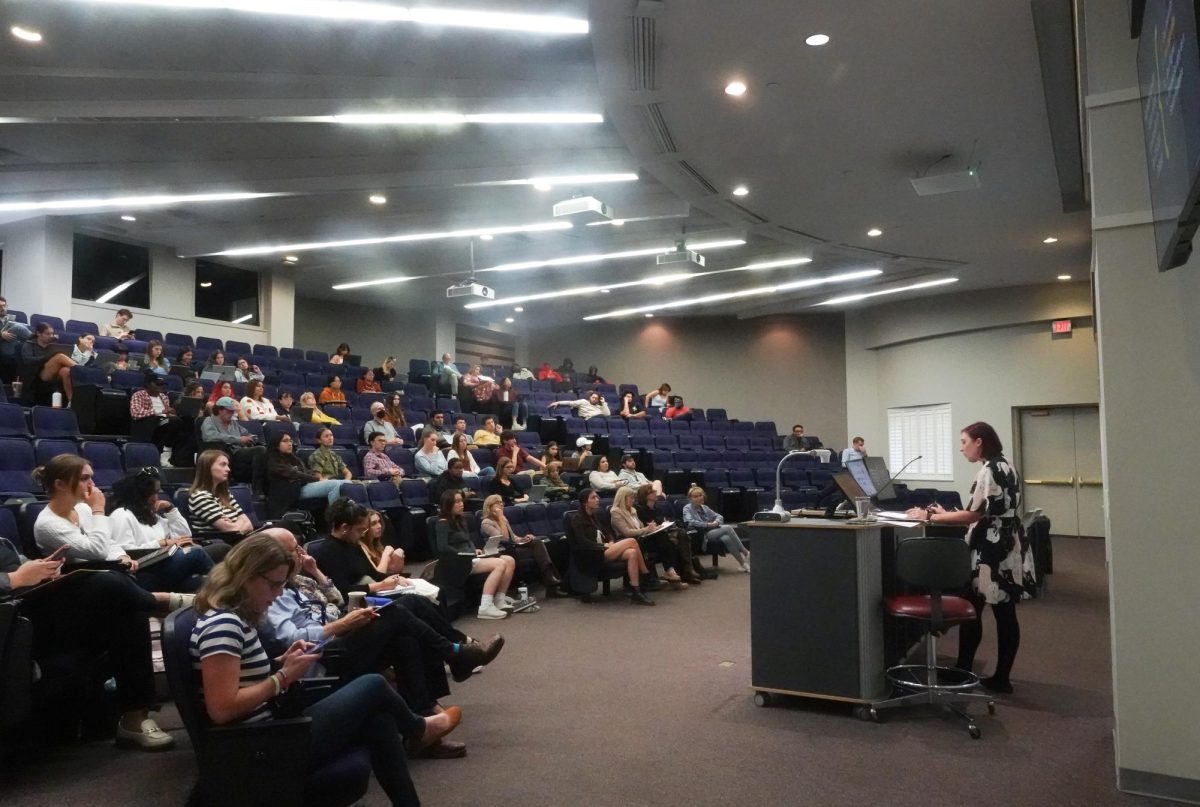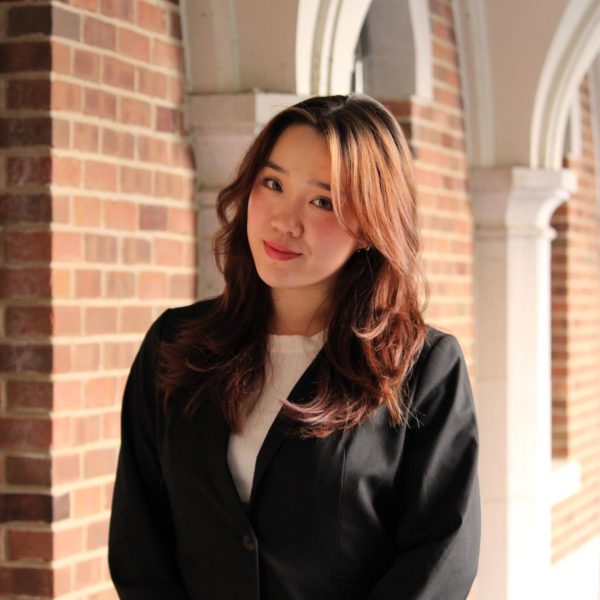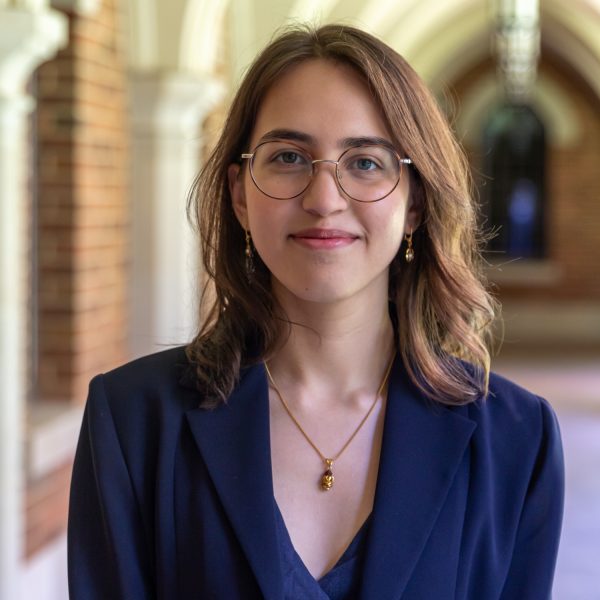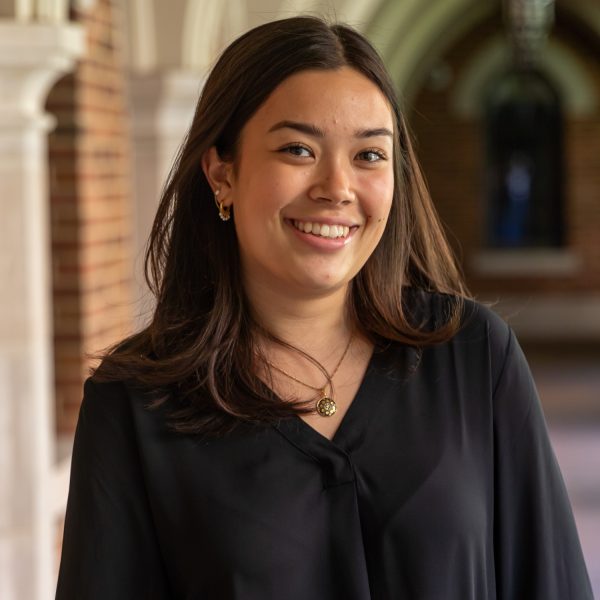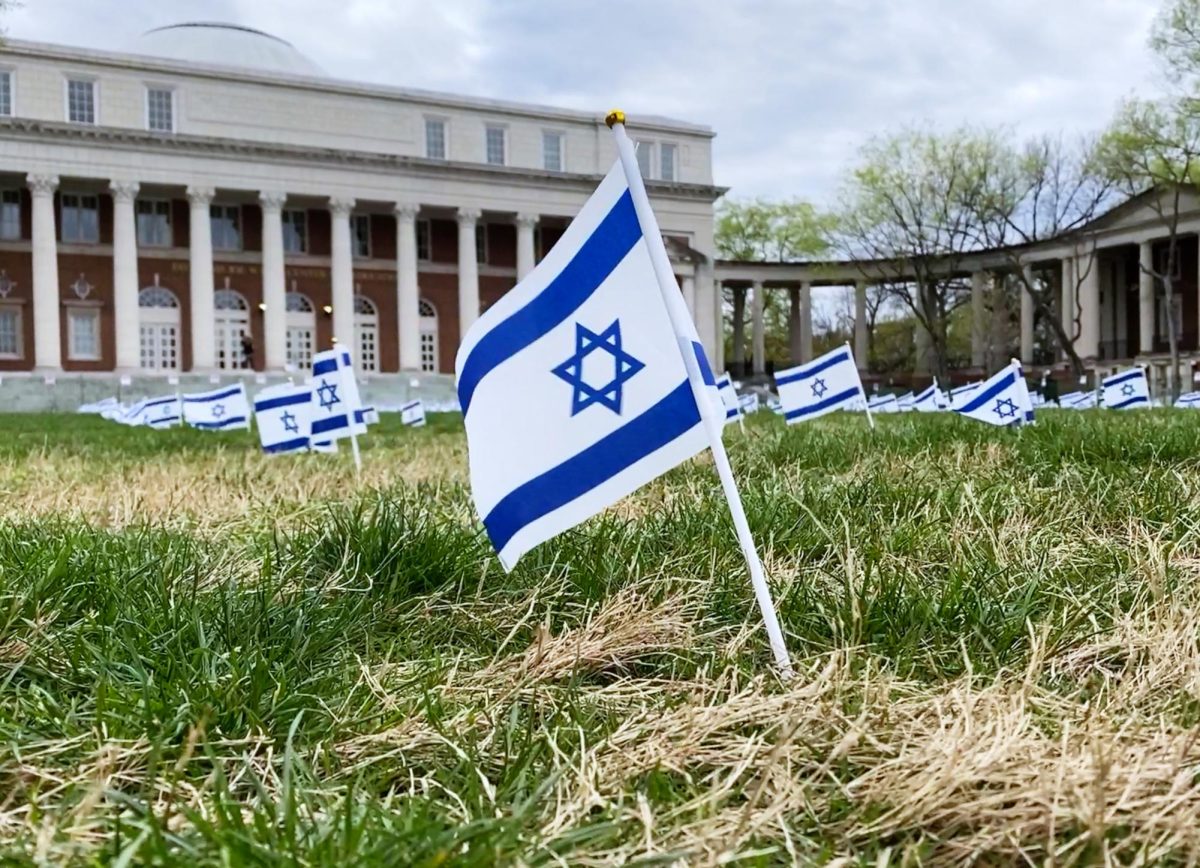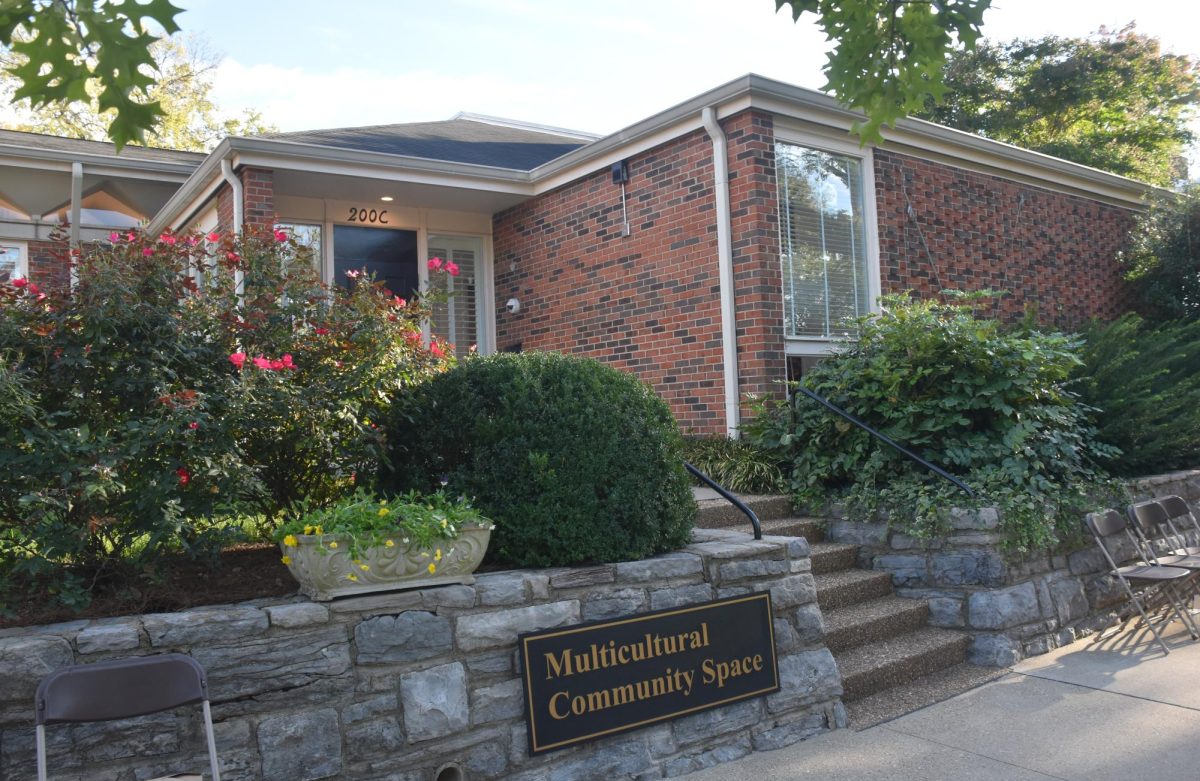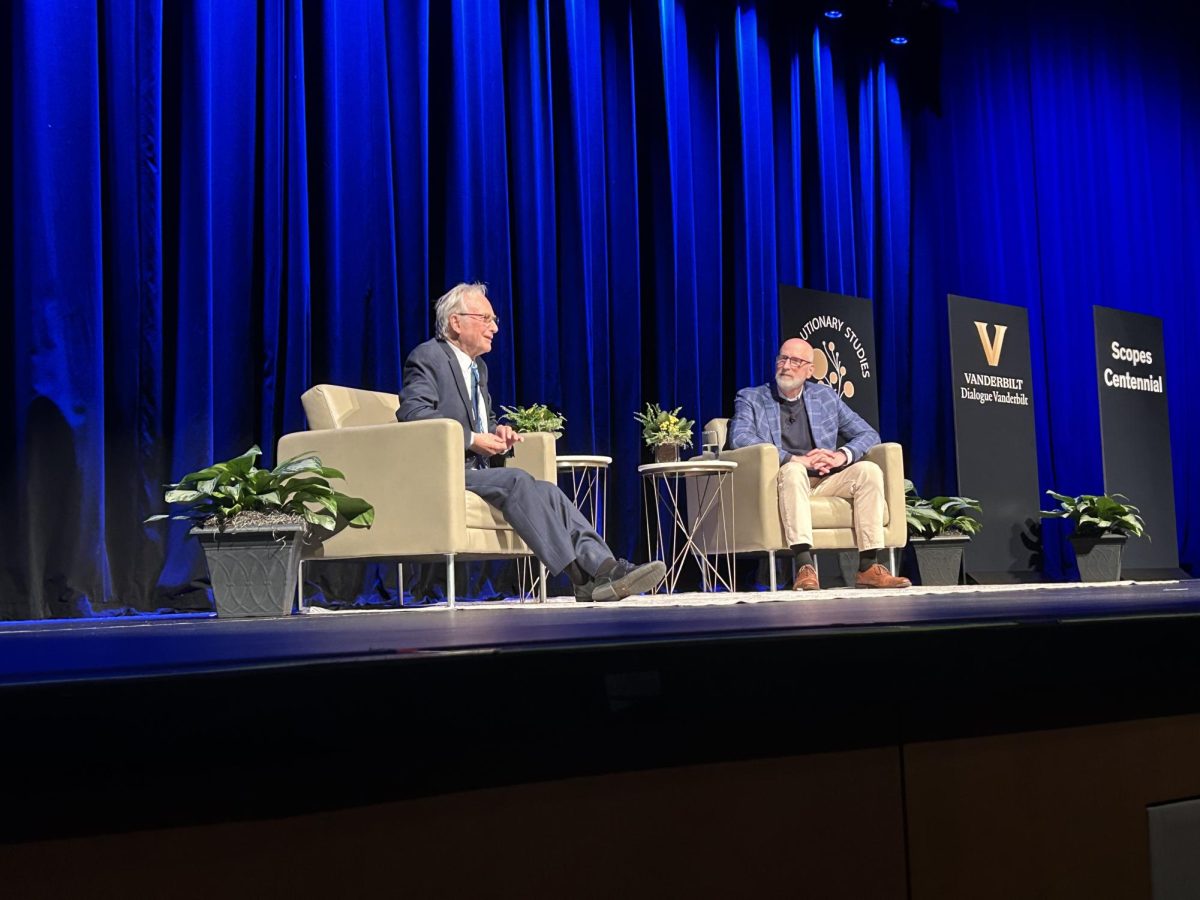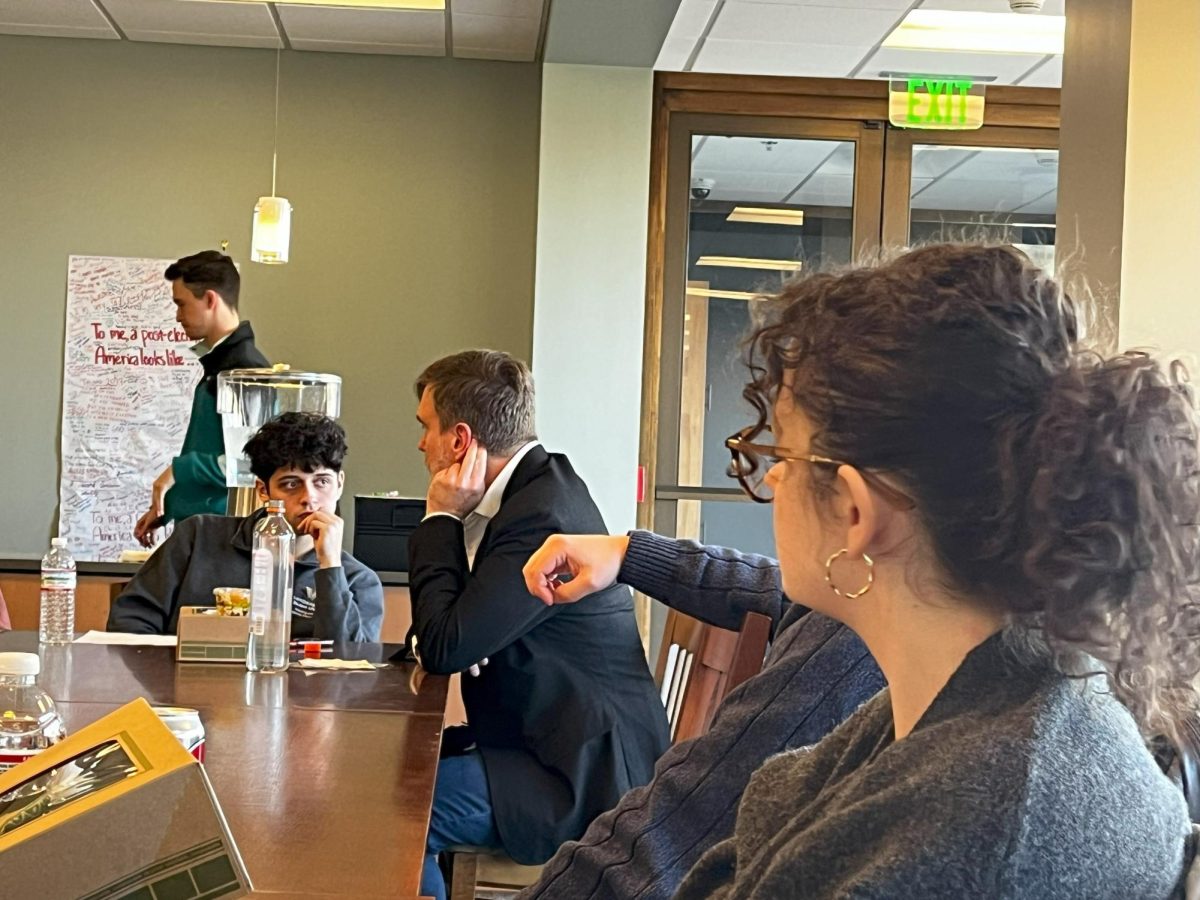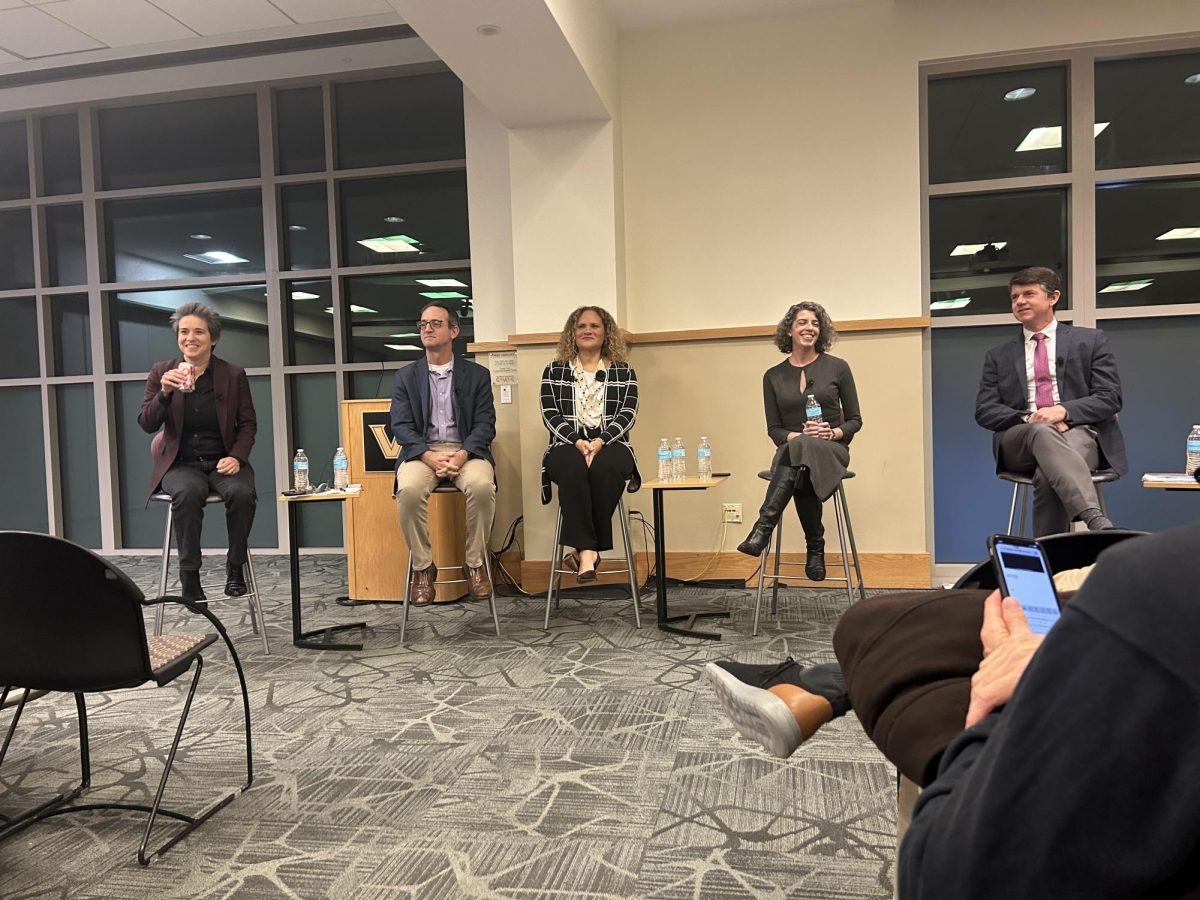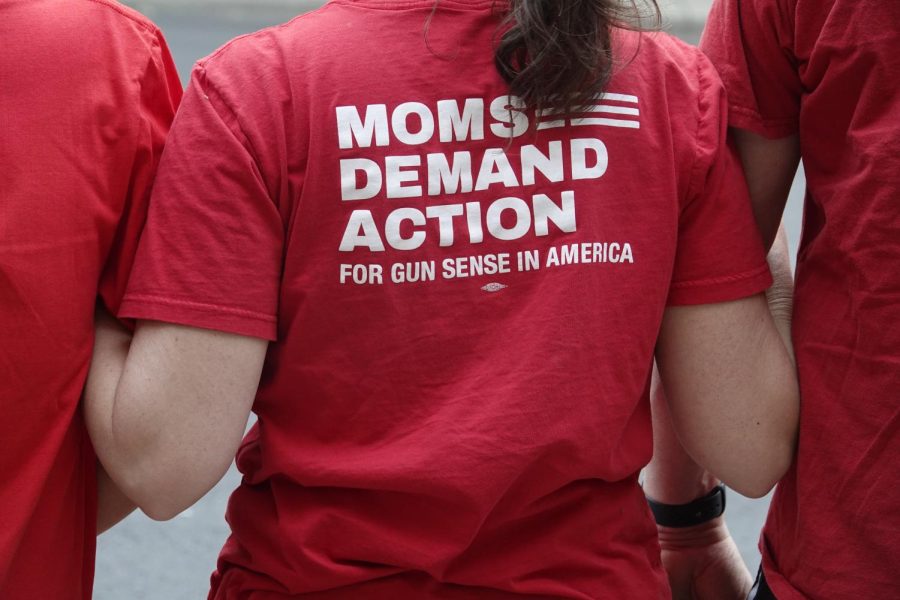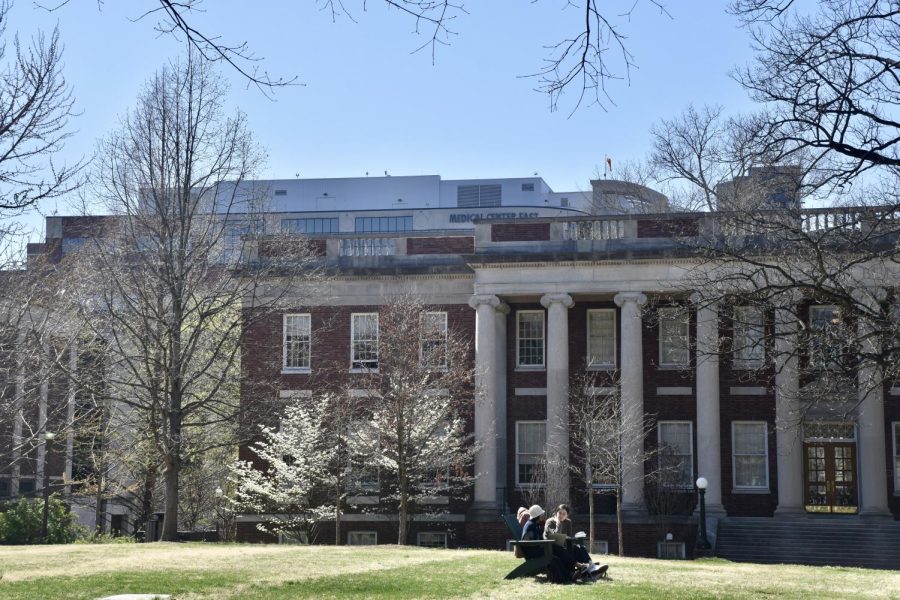Dialogue Vanderbilt hosted Arizona State University professor and sociologist Dr. Jennifer Carlson on Oct. 10 for a public forum on the national gun debate. Carlson, a 2022 MacArthur Fellow, NRA-certified gun instructor and author, discussed gun violence, survivor support and the shifting role of guns on college campuses — topics about which she has conducted renowned research.
The discussion was part of the larger campus-wide Free Speech Week — which is from Oct. 10-17, as well as the Open Dialogue Visiting Fellows program. Dr. Jonathan Metzl, director of the Department of Medicine, Health and Society, moderated the event. Megan Barry, former Nashville mayor, and Beth Joslin Roth, executive director of the Safe Tennessee Project, were event panelists.
Open Dialogue lecture
Carlson stated that, despite their nature as institutions of education and academic research, most universities still struggle to normalize gun violence conversations and find solutions to gun tragedies. She said these institutions may fuel the culture war surrounding the gun debate. However, Carlson acknowledged Vanderbilt as an exception to this norm.
“The university is really no better as an institution at grappling with gun violence than any of our other institutions that have also failed mightily to do so,” Carlson said. “It is sobering to also consider what universities actually do.”
Carlson shared about experiencing an active shooter on campus at the University of Arizona and how classes resumed the following day despite a professor being shot and killed in his office. She expressed concern with how the event received little national media attention.
“We had experienced something that tore a hole in our experience of reality,” Carlson said. “Today, I want to push back against this presumption [that universities are safe spaces] both in the sense that it is an inaccurate representation of the politics of the university, but also in the sense that it is politically problematic to carve out the university as a term safe space where gun violence is uniquely repellent.”
According to Carlson, mass shootings are relatively “rare” at universities in the U.S. — 12 mass shootings have occurred on college campuses since 1966. However, she explained that experiencing gun violence, especially early in life, harms educational outcomes, including classroom performance abilities and college graduation rates. Therefore, Carlson believes that more educational institutions should offer monetary assistance specifically for gun violence-impacted students to support survivors and normalize the gun violence conversation within university spaces. She did not elaborate on how these scholarships would operate.
Vanderbilt does not have funds explicitly to support those affected by gun violence, but Vanderbilt’s Critical Support Fund provides financial assistance to students with unexpected expenses. The initiative, which began during the COVID-19 pandemic, is often associated with housing, meals, technology needed for online learning and more.
When faced with incidents of gun violence on campus, Carlson further highlighted how universities often focus on its distance from gun violence. Alongside normalizing gun violence conversations within the campus community, Carlson said universities should also continue to increase research funding and develop solutions to address gun violence.
“When it comes to serving as a safe space, no university should tolerate gun violence, but that’s not because universities are special,” Carlson said. “It’s because gun violence should be intolerable everywhere.”
According to Carlson, the gun debate itself has become “unsafe” for democracy, creating more polarization both in the legislative and cultural spheres. Carlson outlined how political equanimity, civic grace and social vulnerability can help foster productive gun debates and rhetoric.
Public Q&A
Following Carlson’s presentation, Metzl invited the audience to ask questions to the panelists. According to Roth, in Tennessee, in which the state’s gun laws allow for “particularly bad” gun violence, many legislators are interested in finding common ground but fall short due to partisan politics.
“Unfortunately, [lawmakers] know that if they were to give an inch, that they are likely to be primaried in their districts,’” Roth said. “It’s frustrating. It’s depressing, but that’s the way it is too often in red states.”
Barry reflected on her mayoral term, with one of the first and most “jarring” experiences in office being an active shooter training. While she was on the campaign trail, Barry acquired a gun permit and learned how to shoot a gun so that she could connect and engage in conversation with her constituents.
Some students in the audience were part of Metzl’s MHS special topics course titled Guns in America, which analyzes the topic through frameworks such as public health, safety and culture. Junior Justin Badt, a student in Metzl’s class, said his key takeaway from the Carlson discussion is that college campuses are not a “bubble” from the rest of society.
“[The panelists are] Democrats in a very Republican state,” Badt said. “A large part of their work is reaching across the aisle and trying to find any type of middle ground and meeting a lot of resistance, so it was interesting hearing them talking about finding compromises and consensus.”
Students in the crowd also asked about the intersection between gun violence and race and the civil discourse dynamic following the grand opening of Smith & Wesson’s new headquarters in Maryville, Tenn., on Oct. 7. Barry said she recognizes that the majority of her constituents support easier gun accessibility in their communities and understands Smith & Wesson’s economic framework of increasing profit in Tennessee.
During her time in office, Barry attempted to find common ground with pro-gun constituents by working on passing alternative bills, such as incentivizing buyers to purchase safe gun storage mechanisms by removing Tennessee’s sales tax on gun safes.
Dean of Strategic Initiatives Sarah Igo, a program planner for Dialogue Vanderbilt, also attended the discussion and highlighted how Vanderbilt’s politics unusually collide with Tennessee’s.
“The way we [Vanderbilt community members] talk about guns, the way we dehumanize the opponents in the gun debate, is actually contributing to democratic erosion,” Igo said. “And for lots of faculty, lots of students on campus, the recognition of that difference and really tough contending politics is actually good to humanize the opposition.”
Igo said she hopes Dialogue Vanderbilt can continue to spark discussion among the Vanderbilt community and help students take leadership in fostering open communication on gun violence, among other topics.

